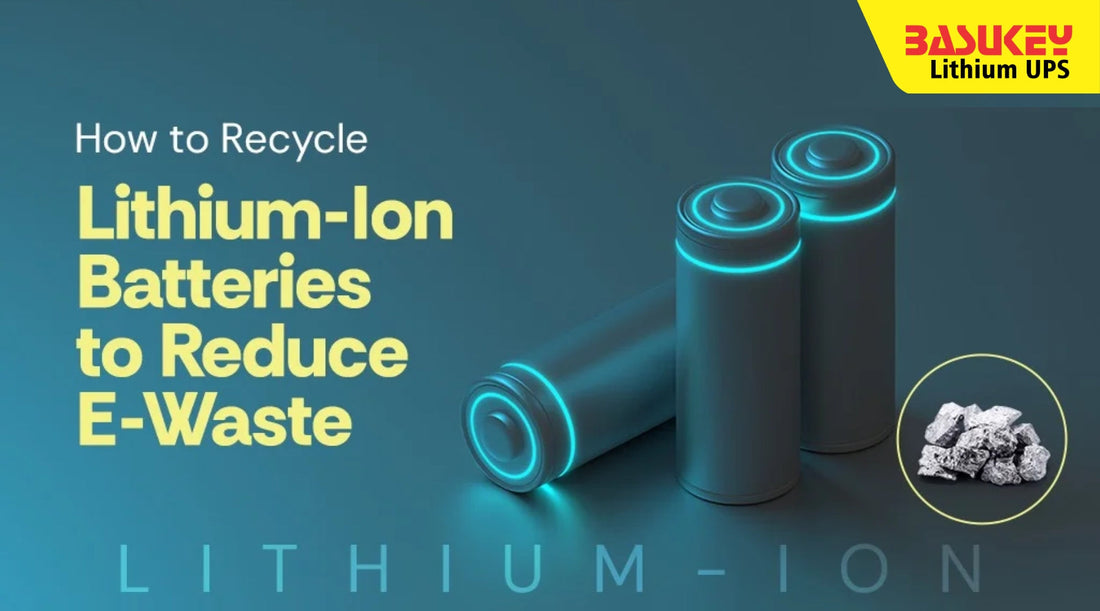
How Next-Generation UPS Batteries Can Reduce E-Waste
Share
In the world of technology, the issue of electronic waste, or e-waste, is a growing concern. As more and more electronic devices are used in our daily lives, the disposal of old and obsolete equipment has become a significant environmental challenge. However, there is a solution on the horizon that can help mitigate this problem - Next-Generation UPS Batteries.
What are Next-Generation UPS Batteries?
UPS stands for Uninterruptible Power Supply, a crucial component in many electronic systems to provide backup power in case of outages. Next-Generation UPS Batteries are advanced, high-performance batteries that offer improved efficiency, longer lifespan, and better sustainability compared to traditional lead-acid batteries.
How Can They Reduce E-Waste?
One of the key ways Next-Generation UPS Batteries can help reduce e-waste is through their extended lifespan. These batteries have a significantly longer operational life compared to traditional batteries, reducing the frequency at which they need to be replaced. This means fewer batteries end up in landfills, ultimately decreasing the environmental impact of electronic waste.
Efficiency and Sustainability Benefits
Next-Generation UPS Batteries are designed to be more energy-efficient, resulting in lower power consumption and reduced carbon emissions. By optimizing energy usage, these batteries contribute to a greener and more sustainable approach to power backup solutions. Additionally, many of these batteries are recyclable, further minimizing their environmental footprint.
The Future of E-Waste Management
As the demand for electronic devices continues to rise, finding innovative solutions to manage e-waste is crucial. Next-Generation UPS Batteries offer a promising avenue to address this challenge by providing a more sustainable and eco-friendly power backup option. By investing in these advanced batteries, businesses and individuals can not only enhance their power reliability but also contribute to a cleaner environment for future generations.
